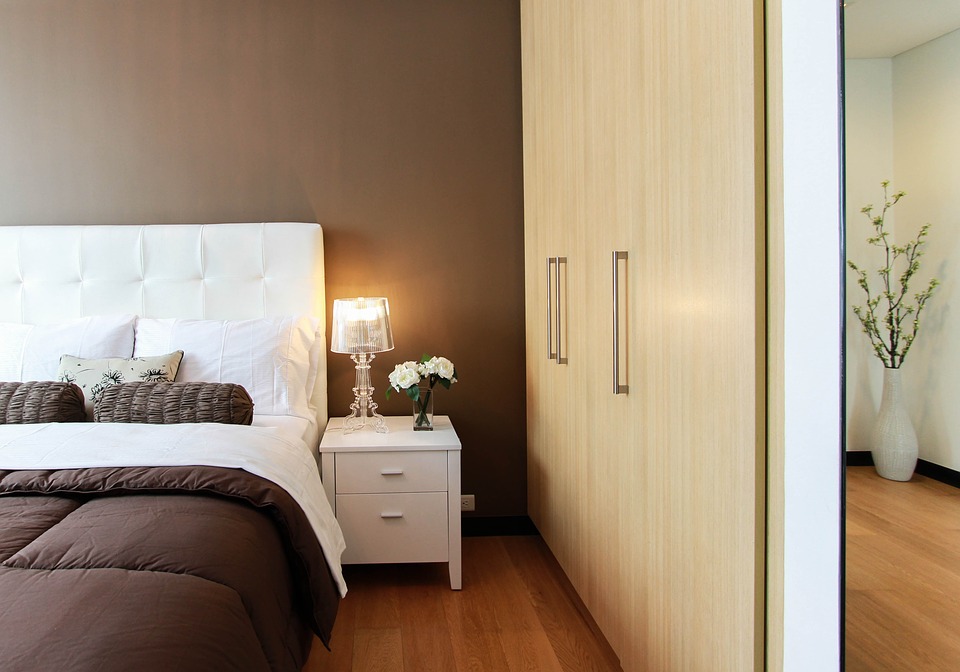By Mary Pletsch 13 Aug 2021 no comment 457 Views
Last week we talked about sleep hygiene. Things you consume, things you do, and things you associate with your bedroom can contribute to the quality of your sleep. Today we’ll take a look at how to practice good sleep hygiene.
Things you consume affect good sleep
Control caffeine. This stimulant keeps you awake. Some people don’t drink caffeine after dinner; others don’t drink it after lunch; some people are very sensitive to any at all. Coffee is not the only source of caffeine. Remember that cola, tea and chocolate have caffeine in them too.
Alcohol interferes with restful sleep. Consume it moderately if you choose to consume it at all.
Indigestion can keep you awake. If you find yourself waking up in the night with indigestion, or if heartburn makes it hard to get to sleep, limit your consumption of rich, heavy or greasy foods—particularly in the evening.
Drinking water is healthy, but it’s time to stop drinking liquids a few hours before bedtime. This will minimize the need to wake up during the night to use the washroom.
Things you do affect good sleep
Exercise during the day can help you sleep better at night. Leave a few hours before your bedtime for relaxation time.
Working out (or other heavy physical activity) too close to bedtime can leave you feeling “pumped up” when you should be getting ready to go to sleep.
Avoid screens for a few hours before bedtime. The light from TV, computers, cell phones and tablets cues your body that it’s time to wake up.
A bedtime routine can help your brain develop a feeling that it’s time to get ready for bed. Putting on pyjamas and brushing your teeth are natural parts of this routine. Some people like to use this time for reading, while others might do devotions or prayers, or put on some soft music.
Things you associate with your bedroom affect good sleep
You can mentally train your brain to think of your bedroom as a place to rest. Unfortunately, you can also train your brain to perk up and get ready to work when you’re in your bedroom.
Whenever possible, keep your work space and your bedroom separate. If you live in a studio apartment or dorm, you might have no choice but to keep your desk, computer and work materials near your bed. However, you can always choose not to work or study in your bed. Do your work somewhere else, so your bed remains a place to rest.
Avoid looking at screens while in bed, even if you’re doing something fun like watching TV, playing games or chatting via text.
Charge your phone somewhere away from your bed – another room if possible – so the sounds, lights and temptations to check your phone don’t affect your quality of sleep.
When precautions aren’t enough
If you know you have good sleep hygiene, but you still don’t feel rested after a full night’s sleep, there might be other issues at play. Sleep apnea and other disorders can prevent good quality sleep. Talk to your doctor.

